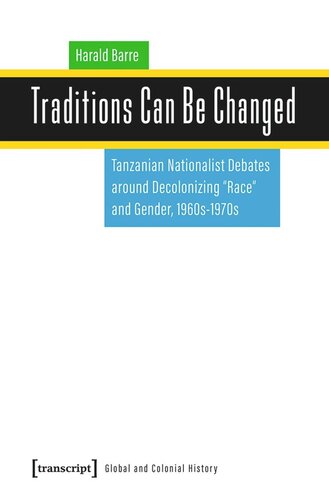

Most ebook files are in PDF format, so you can easily read them using various software such as Foxit Reader or directly on the Google Chrome browser.
Some ebook files are released by publishers in other formats such as .awz, .mobi, .epub, .fb2, etc. You may need to install specific software to read these formats on mobile/PC, such as Calibre.
Please read the tutorial at this link: https://ebookbell.com/faq
We offer FREE conversion to the popular formats you request; however, this may take some time. Therefore, right after payment, please email us, and we will try to provide the service as quickly as possible.
For some exceptional file formats or broken links (if any), please refrain from opening any disputes. Instead, email us first, and we will try to assist within a maximum of 6 hours.
EbookBell Team

4.7
86 reviewsWhether and to what extent African states and societies have been able to break away from colonial impact is a still contentious issue.
Harald Barre considers newspapers and academic activism in Tanzania as forums in which the project of an independent African nation was shaped through heated debates. Examining the changing discourses on race and gender in the 1960s and 1970s, he reveals that equating difference with inequality in the national narrative was fiercely contested. Pervasive images rooted in colonialism were thus challenged and in some cases fundamentally transformed by journalists, students, (inter)national scholars, (inter)national events and the promise of an egalitarian socialist state.